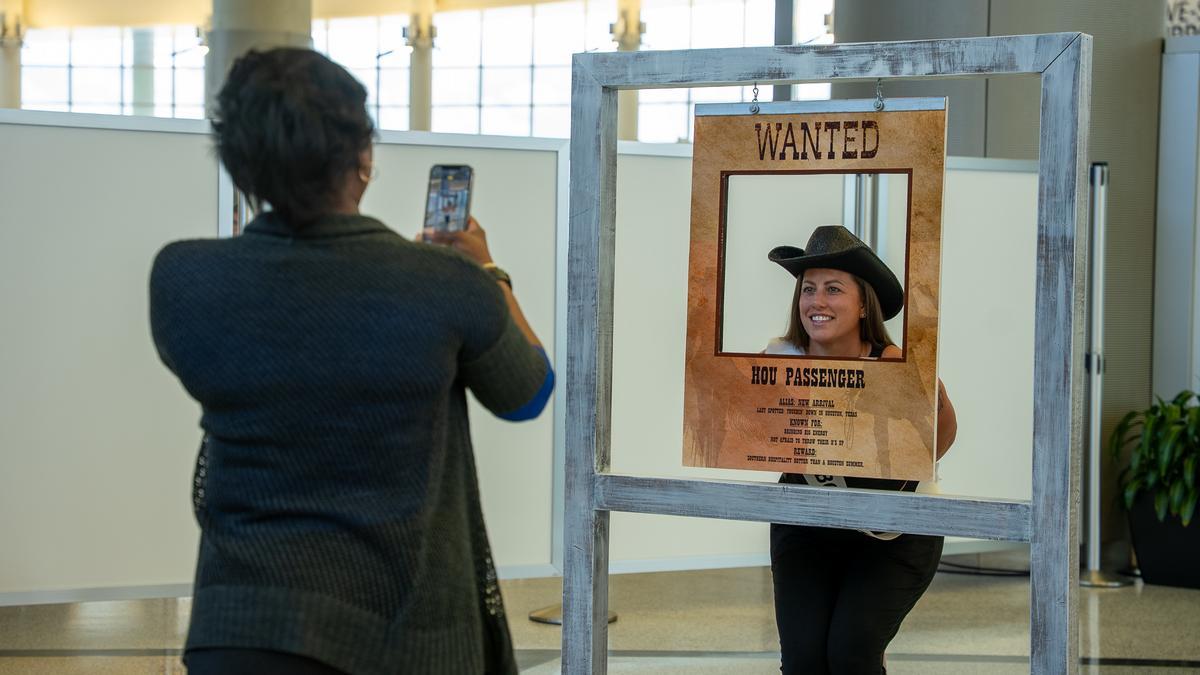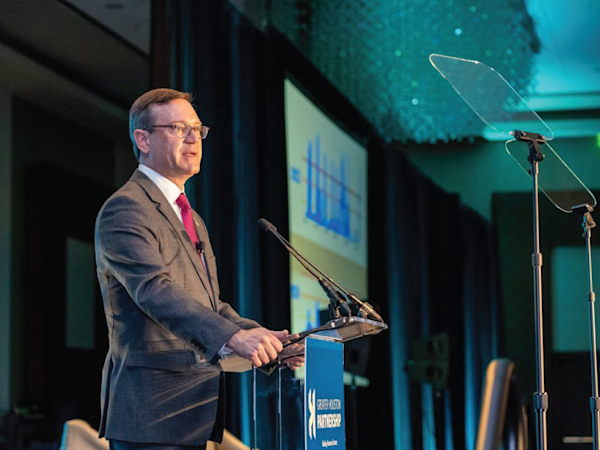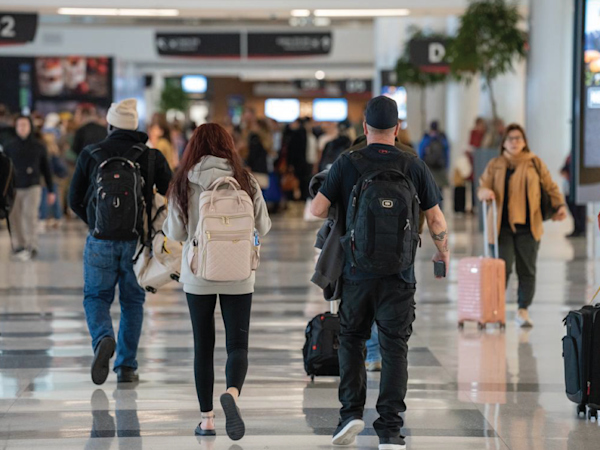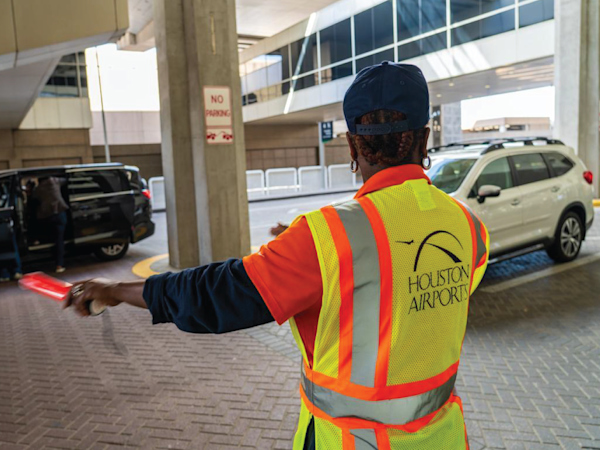Top Story

Top Story
Houston Airports launches marketing campaign for soccer fans
The countdown is on. This Labor Day, travelers passing through George Bush Intercontinental Airport (IAH) are among the first to see a bold new marketing campaign by Houston Airports designed for soccer fans heading to the planet's biggest sporting event in 2026.
Window clings and posters inside Terminals A and D showcase bright, soccer-inspired artwork with the message: “Wherever fútbol happens, it’s nonstop from Houston.” Each display features a QR code linking passengers to Fly2Houston.com, where an interactive map highlights nonstop flight options from Houston to every tournament host city.

Jim Szczesniak, director of aviation for Houston Airports, says the campaign underscores Houston’s role as both a host city and a central hub. “We’re the first and last impression of the city for many international travelers. The great thing is that we have a new international terminal that we’re basically completing prior to the tournament. That’s great for the city and also for the travelers,” Szczesniak said.
Houston is among the few host cities with nonstop flights to all others, most within a three-hour journey. That accessibility, Szczesniak explained, gives fans the flexibility to explore matches across North America while basing their experience in Houston. “Very easy to use the airport system here to do a complete total base camp here in Houston."

Beyond flights, Szczesniak said Houston Airports is preparing to handle the surge in traffic expected during the tournament. “We are planning, coordinating with METRO Houston and private companies that will be working here to be able to shuttle people to and from the airport much more efficiently. But we really won’t get into the detailed planning until we know what teams are in town."
Infrastructure upgrades are also underway. “One of the things that we will have for the tournament is our new expedited passenger processing by U.S. Customs and Border Protection. That will allow us to process people through the facility much quicker,” Szczesniak said.
Houston is planning for tens of thousands of visitors in 2026. As Szczesniak put it: “Houston’s a great location for soccer fanatics to be able to see the complete tournament because we’re roughly a three-hour flight from all of the destinations and we have nonstop service to all the destinations.”
The message is clear: whether fans are flying to a match in Mexico City, Los Angeles or Miami, Houston is positioning itself as the ultimate hub — and the journey starts at IAH.


























